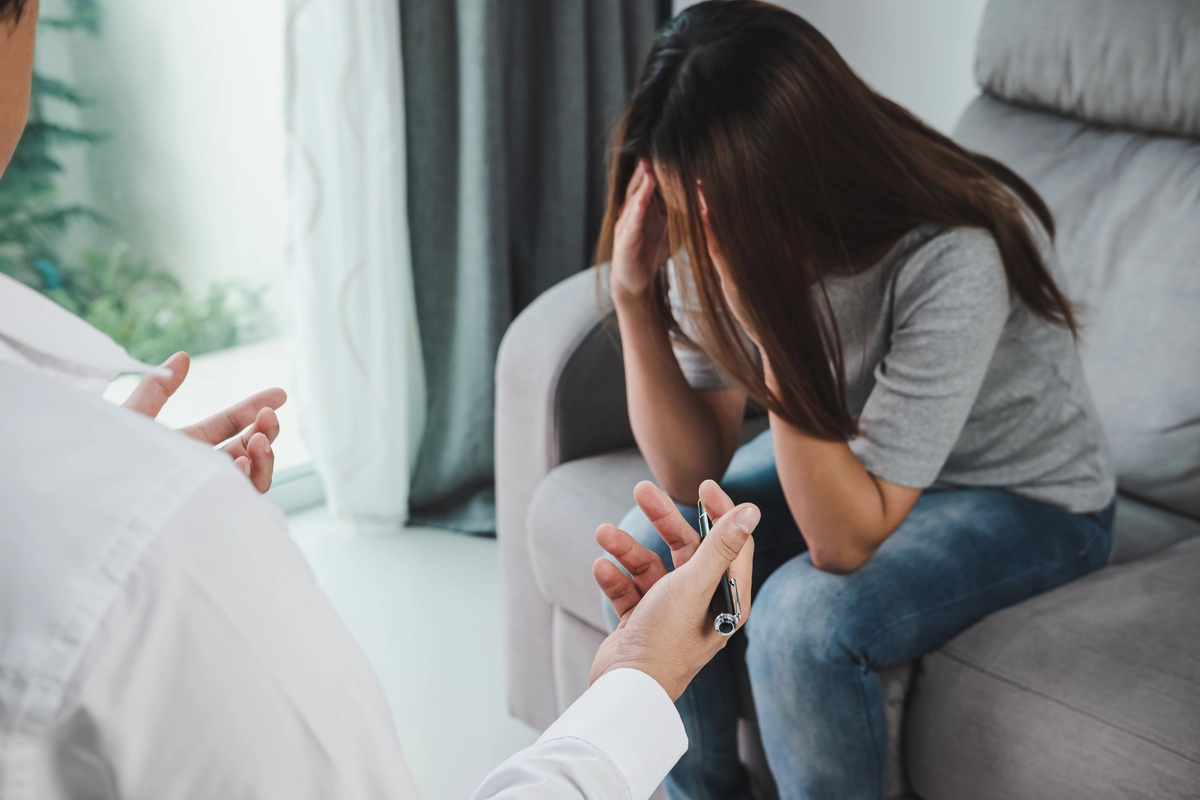involve dedicated facilities that cater specifically to individuals grappling with the lingering effects of traumatic experiences. PTSD, or Post-Traumatic Stress Disorder, is a mental health condition that can develop following exposure to a shocking, scary, or dangerous event. In Dyke, PTSD treatment rehab centers focus on a variety of behavioral and emotional issues associated with this disorder, including anxiety, depression, and substance abuse that often accompany trauma. These rehab centers utilize a multifaceted approach to treatment, employing therapies such as Cognitive Behavioral Therapy (CBT), Dialectical Behavior Therapy (DBT), and various mindfulness techniques to empower individuals in their recovery journey. The importance of rehab centers in this context cannot be overstated; they not only provide a safe haven for individuals to confront their challenges but also equip them with the necessary tools to rebuild their lives. Historically, PTSD treatment facilities in Dyke have been instrumental in shaping mental health care approaches throughout the United States, advocating for comprehensive treatment options and raising awareness about the complex nature of trauma. These centers have fostered communities dedicated to healing, resilience, and personal growth, creating a ripple effect that extends far beyond their local environments.
Learn more about PTSD Treatment centers in Dyke














































